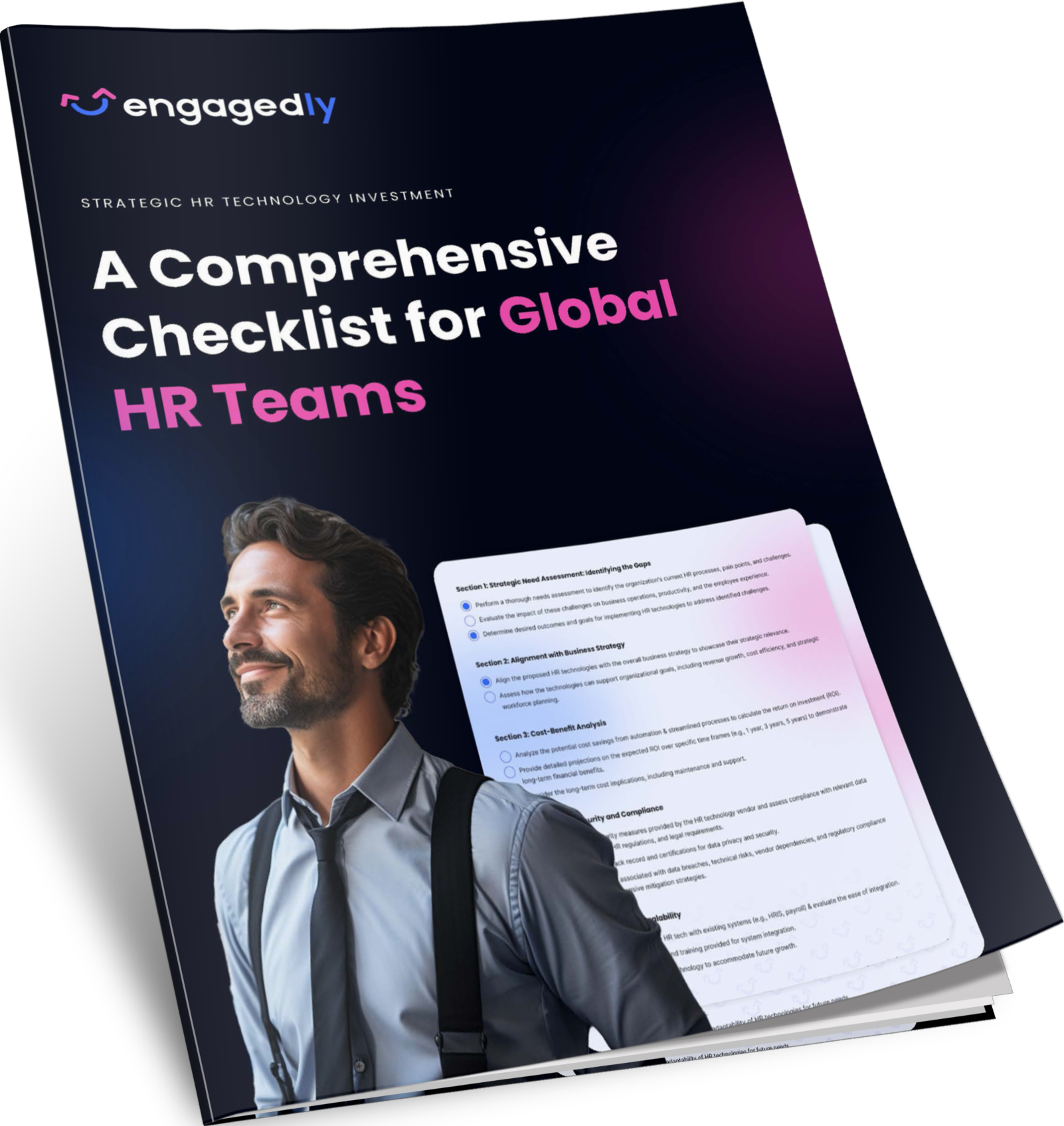360 degree feedback, often termed as multirater feedback, is one of the modern methods of sharing feedback with employees. Due to its popularity, it has been adopted by organizations globally. Some of the global practitioners include organizations such as Amazon, GE, IBM, PepsiCo., etc. In one of our previous articles, we have highlighted the benefits of using 360 feedback. In this article, we will share tips on how to frame questions for the 360 degree survey. But before we delve deeper into the tips, let us take a look at what is 360 degree feedback.
Why 360 Degree Feedback?
In a 360 degree feedback or multirater assessment, numerous stakeholders share anonymous and constructive feedback about the reviewee. The stakeholders involved are direct reports and managers, peers, vendors, consumers, etc. It is a more comprehensive and unbiased process when compared to a traditional one. It helps reviewees to identify their strengths, weaknesses, blindspots, and gaps. Also, it improves working relationships, enhances employee performance, and increases self-awareness.
360 degree feedback acts as a great tool to identify training needs, opens up areas of improvement for the employees, and adds up to the overall employee experience. But often, organizations fail to get any actionable insights from these processes. Managers and HRs fail to ask the correct questions in the 360 feedback survey. The results of a 360 degree feedback depend to a great extent on the questions asked in the survey.
Here are three simple tips to guide you while framing questions for a 360 degree feedback survey.
Focus On Qualities
The questions in the survey should focus on the qualities/skills/characteristics which you want your employees to exhibit. It should align with the company’s vision, mission, and goals. Some of the skills on which the survey questions could focus are:
- Leadership skills
- Problem-solving
- Interpersonal Skills
- Motivation
- Efficiency
- Engagement
- Teamwork
Here’s an example of a simple question using the skills ‘teamwork’ and ‘interpersonal skills’; ‘Does the employee exhibit teamwork and interpersonal skills while working with the team?‘.
The reviewer should have the option to rate the reviewee on a five or six-degree rating scale with the options such as: Never, Rarely, Occasionally, Often, Always, and No Opportunity To Observe. These distinct and clear options help in generating concrete and relevant data.
Also Read: The Importance Of 360 Degree Feedback For Healthcare
Create Structured Questions
Structured questions generate clear and definitive answers when compared to open-ended questions. Open-ended questions are vague, generate lots of information, and are entirely subjective in nature.
Here is an example of a structured question: Do you think the employee exhibits leadership qualities at work?
This question emphasizes a behavioral characteristic that impacts a person’s work.
And here is an example of a poorly thought-out question: Do you think the employee likes working with others?
While this question also focuses on behaviour, but is too vague to answer and is subject to interpretation.
Customized Job Role Centric Questions
To make the most out of a 360 degree feedback process, the questions of the survey should not only focus on skills and qualities but also on the job role of the reviewee. Using a standard survey template may save the time of the manager or the HR who is developing the process, but it will not be useful for many employees. A standard form may not be applicable for all. When creating a survey for employees of different designations, take suggestions or inputs from managers or team leads. It will result in the creation of a customizable and relevant template, which will be more useful.
Also Read: Know What Features To Look For In A 360 Degree Feedback Software
Do you want to know how Engagedly can help you with 360 Degree Feedback? Then request a live demo.
Request A Demo
Kylee Stone
Kylee Stone supports the professional services team as a CX intern and psychology SME. She leverages her innate creativity with extensive background in psychology to support client experience and organizational functions. Kylee is completing her master’s degree in Industrial-Organizational psychology at the University of Missouri Science and Technology emphasizing in Applied workplace psychology and Statistical Methods.




